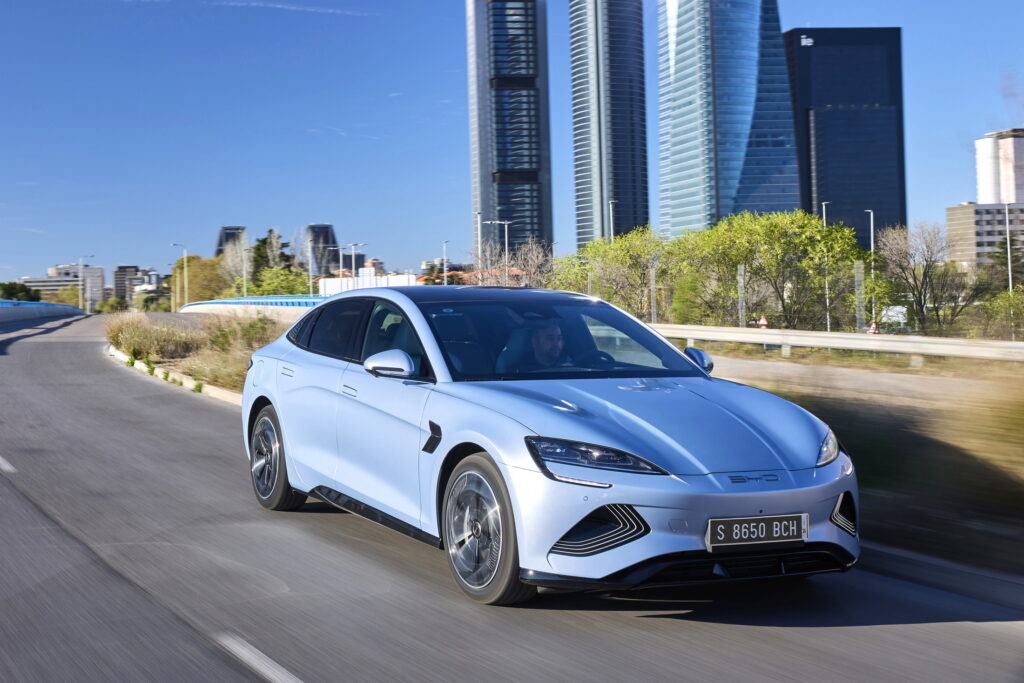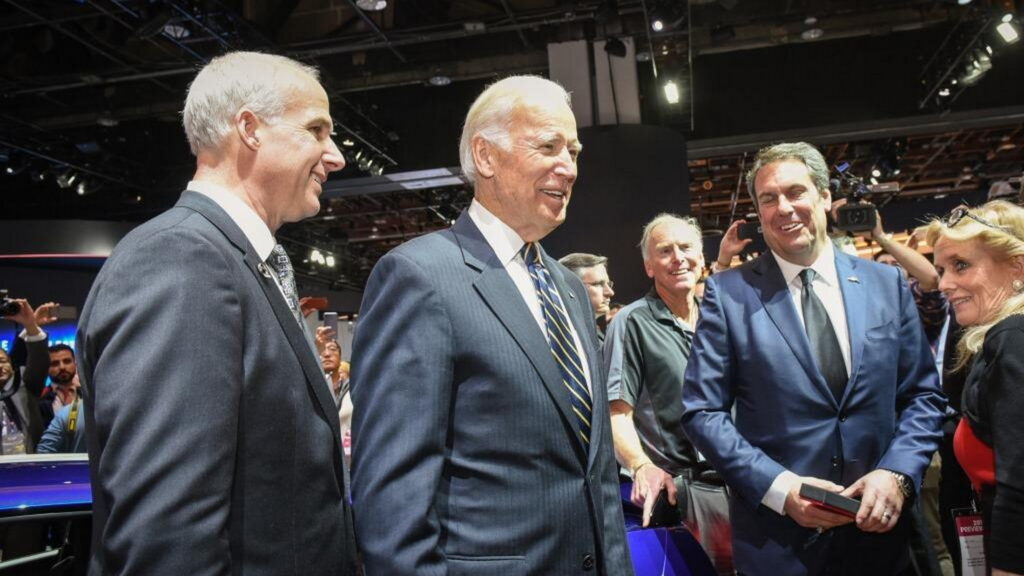The White House is seeking to enact new regulations that would limit the ability of Chinese automakers to sell highly connected vehicles in the U.S. These regulations aim to safeguard American data, even if automakers utilize Mexican assembly plants as a means to bypass tariffs on Chinese-made vehicles
The rules are designed to prevent so-called “smart cars” from gathering sensitive information on Americans and transmitting it to countries that raise data security concerns for the U.S. government. There’s apprehension that tariffs alone might not suffice in addressing this issue.
The Biden administration is concerned that the troves of data that highly connected “smart cars” collect to make features like driver assistance technology work could be used to effectively spy on Americans. Chinese regulations require that automakers store their data within its borders. As a result, anonymous sources told Bloomberg that the Biden administration is considering making an executive order to address data privacy as soon as next week.

The U.S. isn’t the first country to become concerned about how the data collected by vehicles is used. Tesla vehicles are banned from entering certain military locations in China as concerns about the images their cameras collect being used to spy on the country mount.
Read: More Venues Across China Are Banning Tesla EVs Over Security Concerns
While the high tariffs implemented by the Trump administration have effectively deterred Chinese automakers from entering the U.S. market, there are apprehensions that they might eventually opt to absorb the additional costs. Additionally, reports suggest that the Biden administration is contemplating modifications to the existing 27.5 percent tariff.
An economic downturn in China is leading the nation’s automakers to lean more heavily on exports, and some may be considering evading American tariffs altogether by setting up assembly plants in nearby countries, like Mexico. These new data privacy rules will seek to address that concern.
Precisely how the White House will protect vehicle data is not yet clear. However, sources said that officials are conducting a large policy study and may lean on existing Commerce Department authorities to regulate how information and communications technology are used.





